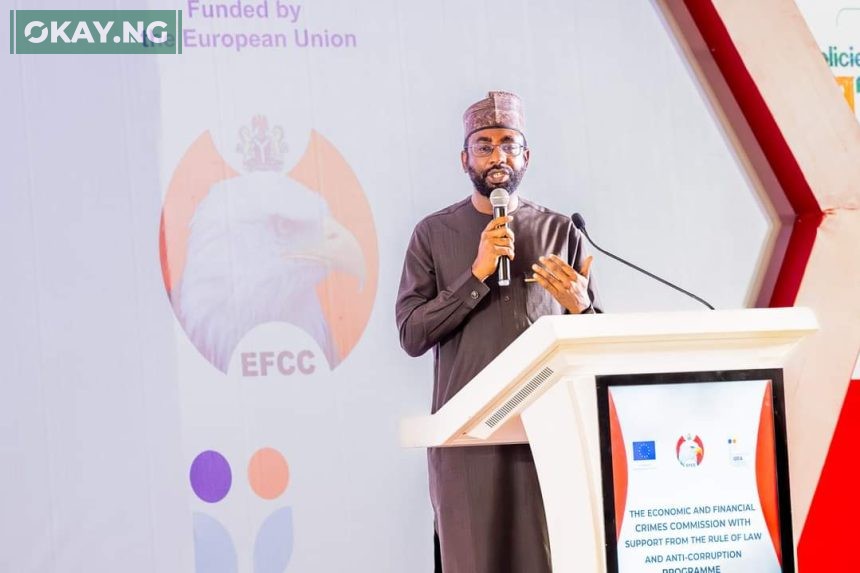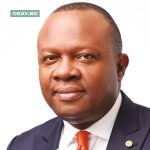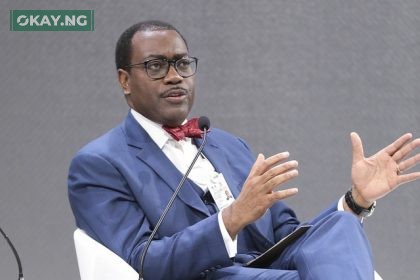The Director General of the National Information Technology Development Agency (NITDA), Kashifu Inuwa CCIE, has called on both the public and private sectors to invest more in the training of cybersecurity professionals to enhance national security.
Speaking at the National Cybercrimes Summit 2024, held at the Banquet Hall of the Presidential Villa, Inuwa emphasized that the benefits of securing organizations and processes far outweigh the potential damage caused by cyber-attacks.
Delivering a presentation titled “Alternative to Cybercrime,” Inuwa urged for a more robust approach to combatting cybercrime in Nigeria, while offering alternative paths for the nation’s youth.
The summit, themed “Alternatives to Cybercrime: Optimising Cyber Skills for National Development,” brought together captains of industries, heads of security agencies, and traditional and religious leaders to share insights on how to strengthen national security through enhanced digital skills.
Inuwa highlighted that cybercrime is no longer limited to laptops and desktops but now extends to mobile devices, smart TVs, cars, and other interconnected technologies.
He outlined five major categories of cybercrime identified by research: technical product or service attacks, attacks and extortion, data or identity theft, scams, and money laundering. He revealed that Africa’s financial sector is particularly vulnerable, with over 3,300 cyber-attacks reported weekly.
“We are confronted with an urgent reality, Nigeria, a nation with a rich culture, talent, and limitless potential, is unfortunately grappling with the global menace of cybercrime. But today, we are going to look at alternatives to cybercrime,” Inuwa said.
He further attributed the rise in cybercrime to unemployment, financial incentives, and lack of awareness of the legal and moral implications of illegal online activities. Inuwa stressed the importance of digital literacy, skills development, and job creation to steer young Nigerians away from cybercriminality.
Highlighting the potential of the digital economy, Inuwa emphasized its ability to create millions of jobs and significantly contribute to Nigeria’s GDP. He called for a holistic approach to addressing cybercrime, one that extends beyond law enforcement to providing positive alternatives for the youth.
The summit also featured the First Lady of Nigeria, Senator Oluremi Tinubu, who unveiled the EFCC Rapid Response Centre, a cybercrime response desk accessible at any time of day.
The event was graced by several dignitaries, including the Chairman of the Nigeria Governors’ Forum and Kwara State Governor, AbdulRahman AbdulRazaq, as well as the governors of Katsina, Zamfara, and various traditional rulers such as the Sultan of Sokoto and the Obi of Onitsha.












